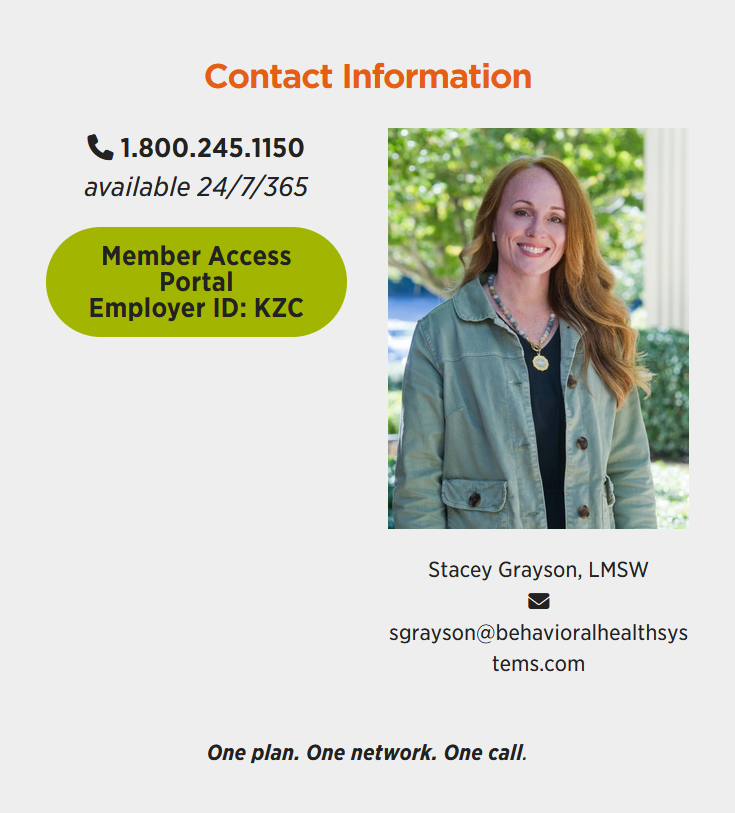During the winter months, many of us notice that our usual productivity strategies feel harder to maintain. Shorter days, colder weather, and disrupted routines can affect motivation, focus, and stamina. When this happens, it can be helpful to shift from a strict time-focused mindset to one that also emphasizes energy management.
Time management helps us plan how we use our time. Energy management adds another layer by encouraging us to pay attention to when we have the capacity to do certain kinds of work—something that can matter even more in winter, when energy levels may be lower due to seasonal changes.
Why Winter Affects Energy
Seasonal changes can influence both physical and mental energy. Reduced daylight exposure is associated with changes in sleep patterns, mood, and alertness (National Institute of Mental Health [NIMH], 2023). Cold weather and fewer opportunities for movement can also contribute to fatigue and decreased concentration.
Research shows that chronic fatigue and stress can impair cognitive functioning and productivity, even when time is carefully scheduled (American Psychological Association [APA], 2023). In other words, managing time alone may not be enough when energy reserves are low. Taking energy levels into account when planning our time is essential, as energy—not just motivation—supports our ability to move from task initiation through sustained focus and completion.
Pro tip: For one week, check in with your energy levels throughout the day and jot down brief notes—without judgment. Understanding your natural energy rhythms can support more intentional planning.
What Energy Management Looks Like
Energy management focuses on when and how we use our effort, not just how long we work. This can include:
- Scheduling more demanding tasks during periods of higher alertness
- Allowing lighter or routine work during energy dips
- Building in short recovery periods rather than pushing through exhaustion
One example of this approach is the Pomodoro method, which involves working in focused intervals (often 25 minutes) followed by short breaks (often 5 minutes). I’ve found that using structured work intervals helps me sustain focus while also giving myself permission to pause before fatigue sets in. Rather than working until I’m depleted, the built-in breaks support steadier energy throughout the day, reduce the urge to push past my limits and help maintain productivity over time.
Studies suggest that aligning work with natural energy rhythms can improve performance and reduce burnout (Schwartz & McCarthy, 2007).
Small Shifts That Can Help
Energy management doesn’t require a complete overhaul. Small adjustments can make a meaningful difference. These strategies are not about doing less work, but about supporting sustained focus, effectiveness, and well-being—particularly during periods when energy demands may shift.
- Prioritize rest and sleep: Adequate sleep supports mood regulation, immune function, and focus (CDC, 2024).
- Incorporate movement: Brief movement breaks can improve circulation and mental clarity, even in colder months.
- Adjust expectations: Winter may not be the season for maximum output—and that’s okay. Productivity can be cyclical rather than constant.
These approaches recognize that wellness and effectiveness are closely linked.
Re-framing Productivity
Energy management encourages a more compassionate view of productivity —one that prioritizes sustained performance over short bursts of output. Instead of asking, “Why can’t I get everything done?” the question becomes, “What is realistic given my energy today?” Research on burnout indicates that self-compassion and realistic workload expectations are associated with better long-term performance and well-being (Maslach & Leiter, 2016). When we approach our work as whole people, we are better positioned to achieve consistent, sustainable results over time.
A Seasonal Perspective
For some, winter can be a time for maintenance rather than acceleration. Paying attention to energy—rather than forcing output—can support both personal well-being and sustainable work habits.
Reflection: Where might adjusting how or when you use your energy—rather than trying to manage time more tightly—help you feel more balanced this winter?
Mindful Mondays Reminder
References
- American Psychological Association. (2023). Stress effects on the body. https://www.apa.org/topics/stress/body
- Centers for Disease Control and Prevention. (2024). Sleep and sleep disorders. https://www.cdc.gov/sleep
- Maslach, C., & Leiter, M. P. (2016). Burnout. Wiley.
- National Institute of Mental Health. (2023). Seasonal affective disorder. https://www.nimh.nih.gov/health/topics/seasonal-affective-disorder
- Schwartz, T., & McCarthy, C. (2007). Manage your energy, not your time. Harvard Business Review. https://hbr.org



